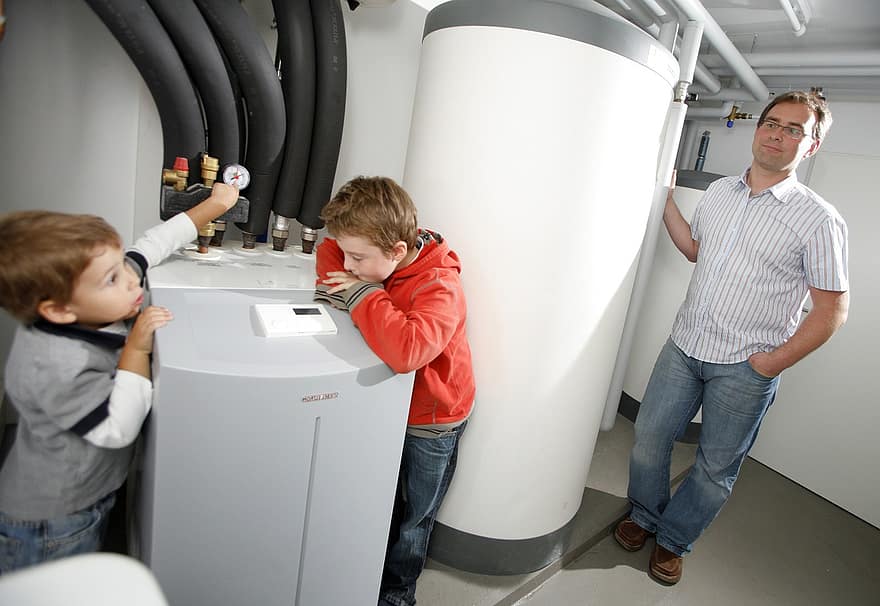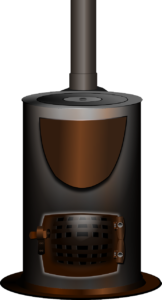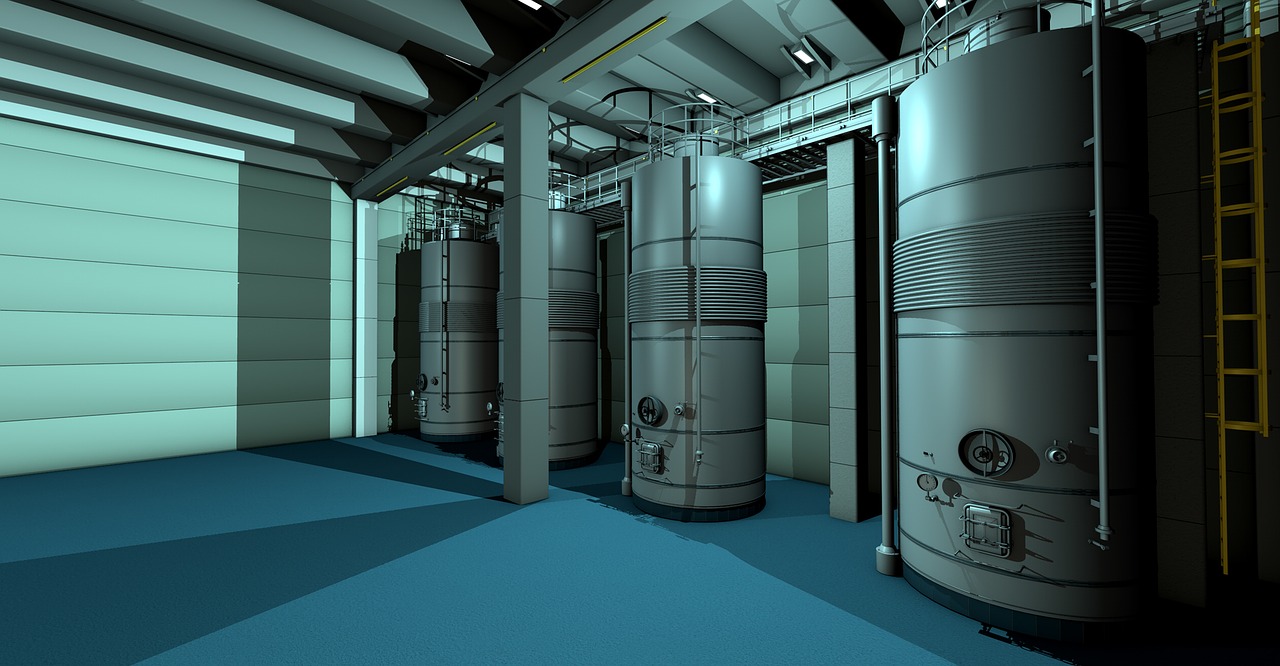Heat your home, not the outside! If you’re tracking heat loss in your home, start by asking yourself about its insulation. Doing renovation work will allow you to save energy while optimizing your comfort.
Insulation is essential. There is no point in changing your old heating system for a more efficient and economical electric heater for example if your house is a colander: the heat input will not compensate for the losses and it will cost you more.
Good to know: Most ecological and economical heating systems are eligible for a tax credit.
What is economical and ecological heating?
Ecological economic heating is based on 3 issues:
– reducing energy consumption;
– using renewable energy;
– limiting greenhouse gas emissions.
The heating methods that can meet these criteria are constantly evolving. The current economic context and societal concerns are favorable to them, which leads them to supplant conventional equipment without difficulty.
Types of economical and ecological heating
For households, heating remains one of the most energy-intensive operations, hence the growing interest in technologies that enable savings on heating bills and preserve our environment.
Some equipment, such as boilers, stoves, and heat pumps, use renewable energies (wood, earth, air, sun) and are qualified as ecological.
Boiler
The boiler is the keystone of the heating system and can be environmentally friendly by using wood, which is the cheapest fuel and renewable energy with low CO2 emissions:
– wood pellet boiler (or pellets) that feeds a heating circuit but can also provide domestic hot water;
– boiler and hot water loop capable of running on renewable energy such as geothermal, wood, and solar.
Important: check with your local tax office for more information on the tax credit for the purchase of a wood-fired boiler.
Heat pumps

The heat pump has its place in this list, although it needs electrical energy to operate. Its operation is however very economical since it is based on the extraction of energy from the ground or the air and its return to the home via heat emitters (radiators or underfloor heating).
There are various heat pumps:
– air-water heat pumps that can be adapted to existing systems can also produce hot water and are reversible;
– air-to-air heat pumps that can only be adapted to electric heating systems and are more efficient in the cooling mode than in heating mode;
– ground-source heat pumps (horizontal or vertical capture), which are the most expensive but the most efficient.
Stoves
Stoves are very efficient heaters that are still used in most cases as a complement to a central heating system. There are different types of stoves:

– the pellet stove: its autonomy is generally between 7 and 72 hours;
– the masonry heater, which is a high-efficiency wood stove.
Tips to reduce your heating bill
Here are some good plans to save heating energy:
– Reducing the temperature by 1°C saves 7% of energy.
– Regularly clean the convector grilles to avoid dust accumulation that would reduce airflow.
– Remember to turn down the heating if you are away for more than 2 hours, but do not turn it off. In fact, heating your home would require more energy than if you had left it at the same temperature.
– If you are away for more than 48 hours, you can switch to the “frost-free” position.
Should you have more information on how we can heat our homes by more responsible environmental means, please do not hesitate to share your comments in the section below. We will love to hear from you also!
